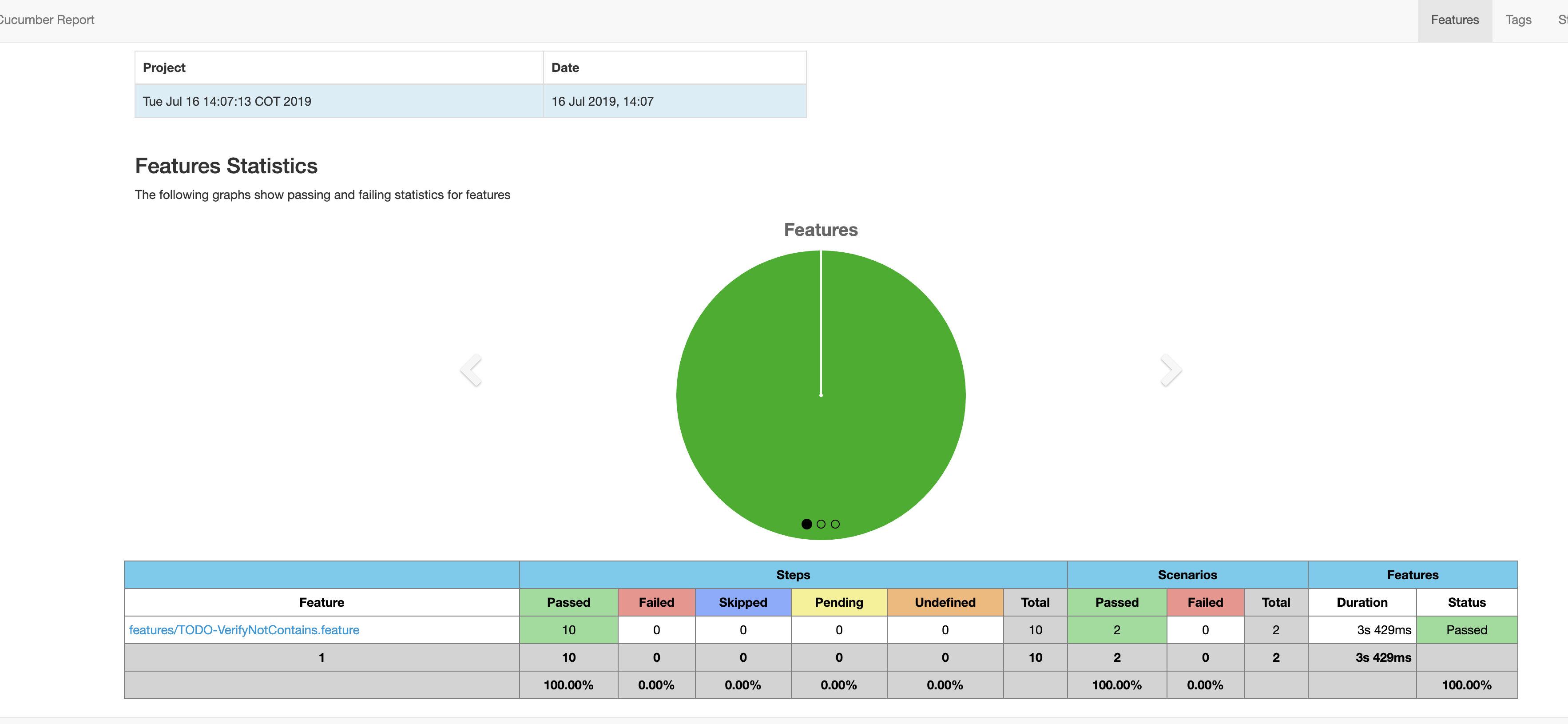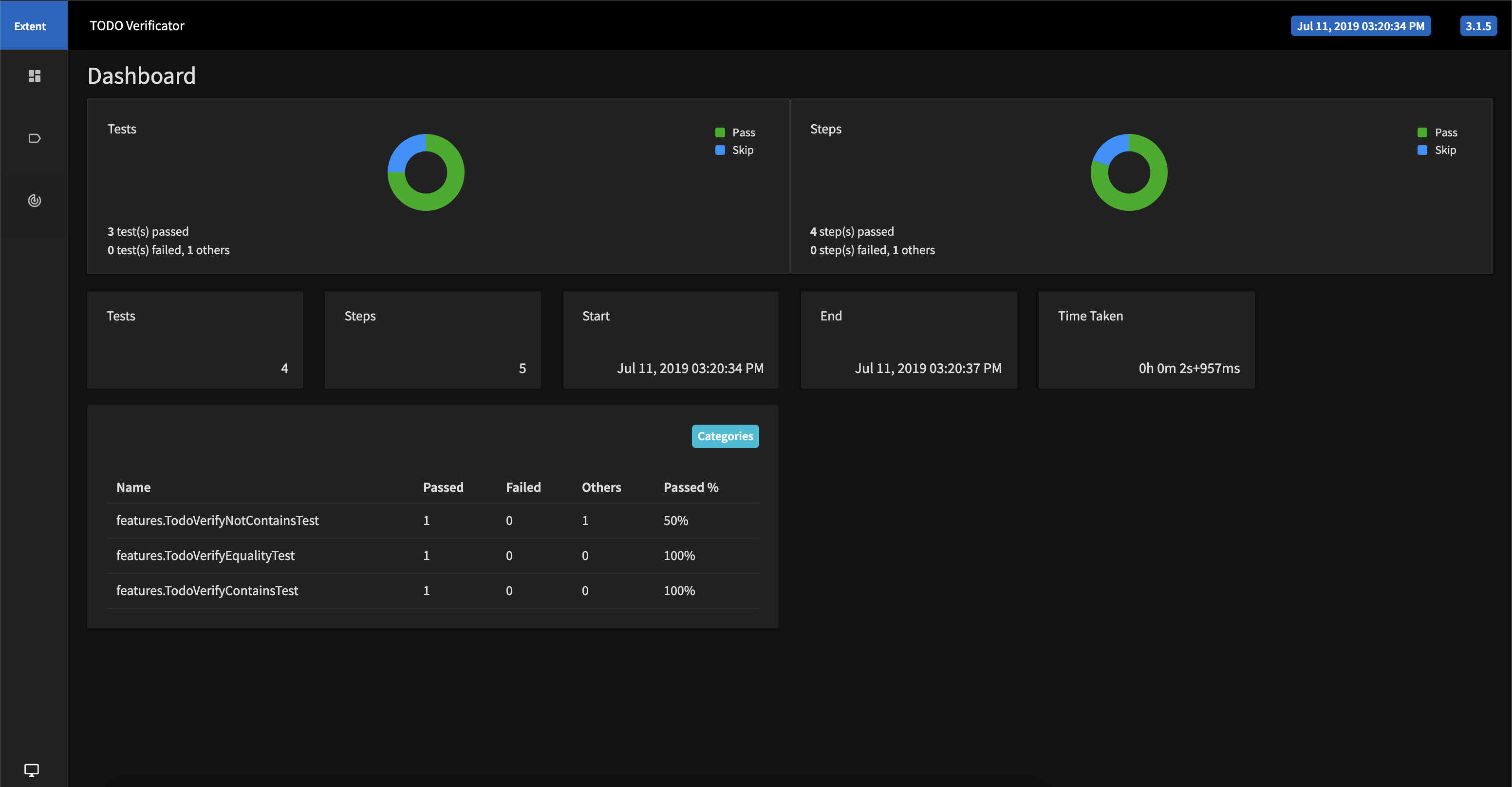Welcome to Karate vs Rest-Assured!

Postman is dead, Long live [Insert your pick here]
Motivation
Modern development stacks are becoming increasingly reliant on splitting Backend development from FrontEnd development, this paradigm brings several improvements to development teams:
- Improved speed to market
- Isolated points of failure
- Multi-front deliveries
- API based products
Those improvements need new ways to manage aspects of the development cycle, like Product creation, API Testing, Security, Deployments and so on.
In this article I want to talk about one of the most powerful techniques that modern teams are using, API Testing.
Backend Teams are creating API’s at a blazing pace today, QA Engineers rely on tools like Postman to verify complete product functionalities using API endpoints. This approach gives a lot of benefits:
- Faster results: Teams can have quick feedback of the API in a matter of minutes.
- Scalability: Faster feedback allows team to deploy faster
- Visual Interface: GUI to simplify test creation.
- Higher Coverage: API Tests are more stable than UI tests, and also are more real-life than unit tests, so having a strong API testing suite is highly recommended.
But this approach brings a big problem, test creation becomes a responsibility of QA engineers alone. teams lose the power of having developers creating tests that are close to the source, with all of the knowledge the developer has over the API Endpoint.
We will talk about how to give back power to developers to test their own Endpoints and will face two of the most interesting API Testing tools in the market: Karate and Rest-Assured
The Candidates
REST-Assured is one of the most established API testing tools in the market. It has a powerful Java Based API that leverages Hamcrest as the matcher tool and a simple set of methods that allows method chaining and Pseudo-Gherkin Syntax.
Karate in the other hand is a Gherkin Based API testing tool, ideal for quick prototyping and simpler testing that can become as deep as you want, includes a simple quickstart mode, integrated dashboards and other goodies that are dragging attention from the Testing community.
Let’s get our hands dirty
Installation
For starters both projects need to have the JVM and Maven installed.
Karate
Karate is pretty straightforward, just download the Karate-x.x.x.jar and you are done.
REST-Assured
Rest-Assured works pretty well with maven, so you can start a new project using any maven archetype and adding the following dependencies:
<dependencies>
<dependency>
<groupId>io.rest-assured</groupId>
<artifactId>rest-assured</artifactId>
<version>${restassured.version}</version>
<scope>test</scope>
</dependency>
<dependency>
<groupId>junit</groupId>
<artifactId>junit</artifactId>
<version>${junit.version}</version>
<scope>test</scope>
</dependency>
<dependency>
<groupId>com.fasterxml.jackson.core</groupId>
<artifactId>jackson-databind</artifactId>
<version>${jackson.databind.version}</version>
<scope>test</scope>
</dependency>
A full pom.xml file is located into the rest-assured folder
Execute mvn compile and all of the dependencies will be downloaded
The Tests
We will have both frameworks verify the same application, using the same tests.
Our Application Under Test will be JSONPlaceHolder, which offers a simple REST API for testing.
- The API returns a hardcoded list of TODO’s
- We will verify the first TODO and the most common operations available:
-
- Equality
-
- Contains and Not Contains
Karate - Equality
Feature: TODO API Verificator
Background:
* url 'https://jsonplaceholder.typicode.com/todos/1'
Scenario: Verify First Todo is equals to "delectus aut autem"
Given request
When method get
Then status 200
And match response == { userId: 1, id: 1, title: "delectus aut autem", completed: false } # Karate offers full JSON Comparison out of the box
Scenario: Verify First Todo is equals to the sum of its parts
Given request
When method get
Then status 200
And match response.userId == 1
And match response.id == 1
And match response.title == "delectus aut autem"
And match response.completed == false # Also offers the standard comparison by element
REST_assured - Equality
private String url = "https://jsonplaceholder.typicode.com/todos/1";
@Test
public void verifyFirstTodoIsEqualToTheSumOfItsParts() {
given()
.when()
.get(url). // Yay, Gherkin
then()
.assertThat().body("userId", equalTo(1))
.and().statusCode(200)
.and().body("id", equalTo(1))
.and().body("title", equalTo("delectus aut autem"))
.and().body("completed", equalTo(false))
;
}
// Unfortunately, there is no built-in way to compare a whole JSON in Rest-Assured, yet the Gherkin Syntax included allows for a powerful matching logic
Karate - Contains
Feature: TODO API Verificator
Background:
* url 'https://jsonplaceholder.typicode.com/todos/1'
Scenario: Verify First Todo title contains "delectus"
Given request
When method get
Then status 200
And match response contains { title: "#regex ^(\\w+[delectus]).+"} # Supports regex out of the box
REST_assured - Contains
private String url = "https://jsonplaceholder.typicode.com/todos/1";
@Test
public void verifyTitleContainsDelectus() {
given()
.when()
.get(url).
then()
.assertThat().statusCode(200)
.and().body("title", containsString("delectus")) // Hamcrest Matchers, no need for regex
;
}
Karate - Not contains value
Feature: TODO API Verificator
Background:
* url 'https://jsonplaceholder.typicode.com/todos/1'
Scenario: Verify First Todo title field does not contain lorem
Given request
When method get
Then status 200
And match response contains { title: "#regex ^((?!lorem).)*$"} # Regex to verify value is not contained
REST_assured - Not contains value
private String url = "https://jsonplaceholder.typicode.com/todos/1";
@Test
public void verifyTitleNotContainsLoremIpsum() {
given()
.when()
.get(url).
then()
.assertThat().statusCode(200)
.and().body("title", not(containsString("lorem ipsum"))) // Use the compound matcher not()
;
}
What if we want to verify that an element is not part of the repsonse
Karate - Not contains ELEMENT
Feature: TODO API Verificator
Background:
* url 'https://jsonplaceholder.typicode.com/todos/1'
Scenario: Verify First Todo does not contains author field
Given request
When method get
Then status 200
And match response.author == '#notpresent'
# Built-In Mechanism to verify for element existente
REST_assured - Not contains ELEMENT
private String url = "https://jsonplaceholder.typicode.com/todos/1";
@Test
public void verifyResponseDoesNotContainAuthor() {
given()
.when()
.get(url).
then()
.assertThat().statusCode(200)
.and().body( "any { it.key == 'author'}", is(false)) // Use JSONPath to verify element existence
;
}
The results
To execute Karate's feature files:
- Place all Feature Files in a directory called
features - e.g
features\TODO-verifyNotContains.feature - then execute:
java -jar Karate-x.x.x.jar features\TODO-verifyNotContains.feature
Karate has a built in reporting tool, powered by Cucumber that gives you the result of the tests

To execute Rest-Assured tests:
Rest-Assuredleverages JUnit or TestNG as test runners.- Place all the Test files into the
src\test\javafolder - open a terminal in the root folder and execute
mvn clean compile test - By default Rest-Asssured does not include a Nice reporting tool. yet:

We can use the powerful Extent Framework to have beautiful reports.
We will talk about that in our next article.
The recommendations
As we have seen both testing tools have their strengths and weaknesses, and each one can easily empower your team. I will try to give you some quick notes on each framework:
Use Karate when:
- You want a quickstart to do API Tests, without major hassle
- Your team doesn’t have Java background, or want to work with Gherkin
- You have your Product Owners empowered in code and can write some tests in Gherkin
- You are comfy enough with the standard reports, and don’t want to put time in enhanced reporting
Use REST-Assured when:
- Your team has a good Java Expertise
- You want to give more responsibility over test creation to developers (Improving the quality assistance methodology)
- You need/want to use improved matchers offered by Hamcrest
- Your API needs you to know intricate logic that is easier to write in Java
The repo
All of the tests, and code examples can be found in this repo:
The Karate Folder contains all of the feature files used during the example, and also the Karate.jar binary file for quickstart.
The Rest-Assured folder contains a quick Maven project to start testing using Rest-Assured and also all of the examples we saw during this article.